|
In today's interview, we speak with local herbalist, Madelon Hope, who is also the director of the Boston School of Herbal Studies. Madelon has over 20 years of experience working with herbs and has trained budding herbalists since 2002 through her apprenticeship program. The Boston School has been a part of Herbstalk since our first event and we are pleased to share more of Madelon's work with you! How did you first get interested in plants or herbalism? What inspired you to learn about herbalism? As a child growing up in New York City, I found a haven among the plants and trees at a local park. Much later, when experiencing a serious back problem, plants were critical to my healing. I will always be grateful to Solomon’s seal for helping me regain flexibility in my joints, ligaments and tendons and St. John's Wort oil for relief from pain. They were my allies and companions on my healing journey. I found wonderful teachers on this path – Rosemary Gladstar, Matthew Wood, Phyllis Light, William LeSassier and a bit later, Paul Bergner, among many others. Soon, I began to incorporate herbs and flower essences in my therapy practice. As the therapy field became more medication oriented, I became more attracted to plants. Over a period of several years, it became clear to me that my path was among the plants and that I was primarily an herbalist. Their magic and power to heal and transform lives have inspired me ever since. What is the main focus of your work with the plants? As a director of the Boston School of Herbal Studies, a teacher, and a clinical herbalist, I have many different points of focus. I am always excited to share the wisdom of the plant world – the plants teach us so much. It is a joy to see students making their own connections with the plants, identifying, harvesting and making wonderful herbal products. We have a big herbal medicine show at the end of our Apprenticeships where everyone shares their herbal abundance. It is also a pleasure to see budding herbalists become healers and teachers. As both a therapist and an herbalist, I have a special interest in emotional and spiritual healing. I have many allies among the nervines: skullcap, wood betony, passion flower, linden, blue vervain, milky oats, and rose elixir, to mention just a few. I like to combine nervines with adaptogens so that stress does not undermine emotional recovery. Among my favorite adaptogens are reishi, he shou wu, eleuthero, holy basil, and rhodiola. Many of these nervines and adaptogens are also shen tonics – herbs that address heart/mind imbalances. I also find flower essences particularly helpful for many people. Finally, it is important to balance the liver and improve digestion to support mood. What challenges did you face when you first started your business/school? I began teaching in 2002 with Mary Pat Palmer and Kwa Wah Adabi, who at that time were co-directors of the school. I learned a great deal from both of them. By the end of the year, each of them, for different reasons, decided to move on and offer the school to me. It was both a shock and an opportunity. I realized that the work could not be done through ego, and certainly not through my ego, but only by being in service to some larger energy, which for me is the power and wisdom of the plant world. When I feel challenged, I always come back to this awareness and am grounded by it. What advice would you give to budding herbalists? When beginning an herbal business or practice, some people wonder about how to market. Social media, of course, offers many opportunities. I like to think of marketing as a kind of attunement. We are tuning into the energy field of those who are receptive to what we are offering. In this way, we are informing people rather than trying to convince them. 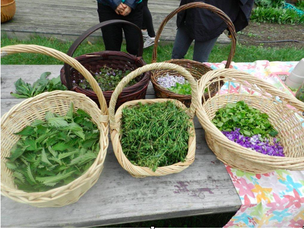 Where do you see the future of herbalism going? I see the future of herbalism in the excitement and ferment generated by conferences like Herbstalk, where people are introduced to new ways to heal and new herbal products to try. It is where herbalists have the opportunity to share new ideas and strategies. Of course, I had no doubt about wanting to be part of Herbstalk. The energy is wonderful! I think there will continue to be more community herbalists, particularly as conventional medicine fails to meet the needs of many people. There will likely be more emphasis on local plants and also, conversely, continued excitement about wonderful plants from traditional healing systems around the world. At this point, I do not think any government regulatory agency or commercial interest will be able to stop this momentum. Do you have a favorite plant or two at the moment? My favorite plants at this moment are plants that have been my allies for a very long time. Interestingly, they are all plants local to New England. If I were stuck on a desert island, of course I would want to include Solomon’s seal and St. John's Wort. I would also want nettle for its incredibly nourishing and energy enhancing qualities, yarrow for wound healing, blood moving, and diaphoretic actions, elder for its decongesting, diaphoretic (flowers) and antiviral (berries) actions, burdock for its liver cleansing and moistening virtues, skullcap for balancing mood and relieving stress, and finally reishi for its tonic, immune balancing actions. It is hard to restrict my list even to these seven plants. As with most herbalists, so many plants are calling to me. 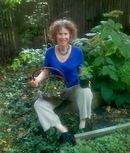 Madelon Hope, M.Ed., LMHC is the Director of the Boston School of Herbal Studies where she teaches two seven-month Herbal Apprenticeship programs, Advanced Herbal Training and a variety of classes and medicinal plant walks. A licensed psychotherapist for over twenty five years and a clinical herbalist for twenty, she assists clients in healing from depression, anxiety, insomnia, fatigue, food cravings, PMS and menopausal distress. She combines Western Herbalism with Chinese medicine to assist healing on multiple levels. Comments are closed.
|
Archives
November 2023
Categories
All
|
Join the Newsletter!
Receive news about future Herbstalk events
Thank you!
You have successfully joined our subscriber list.
Copyright © Herbstalk 2024
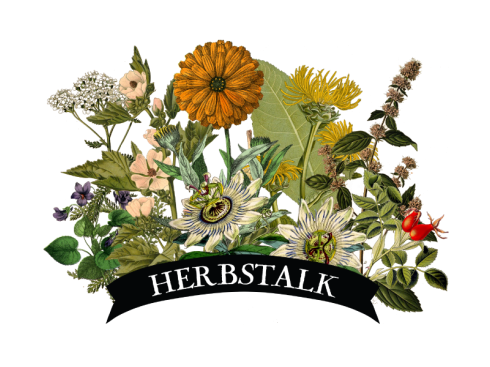
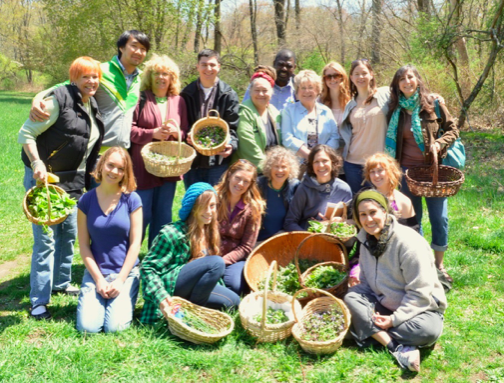
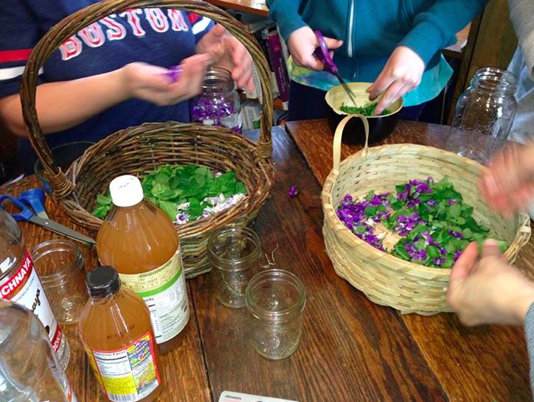
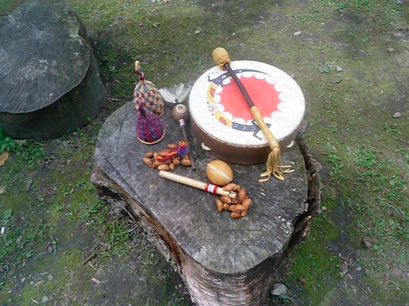
 RSS Feed
RSS Feed